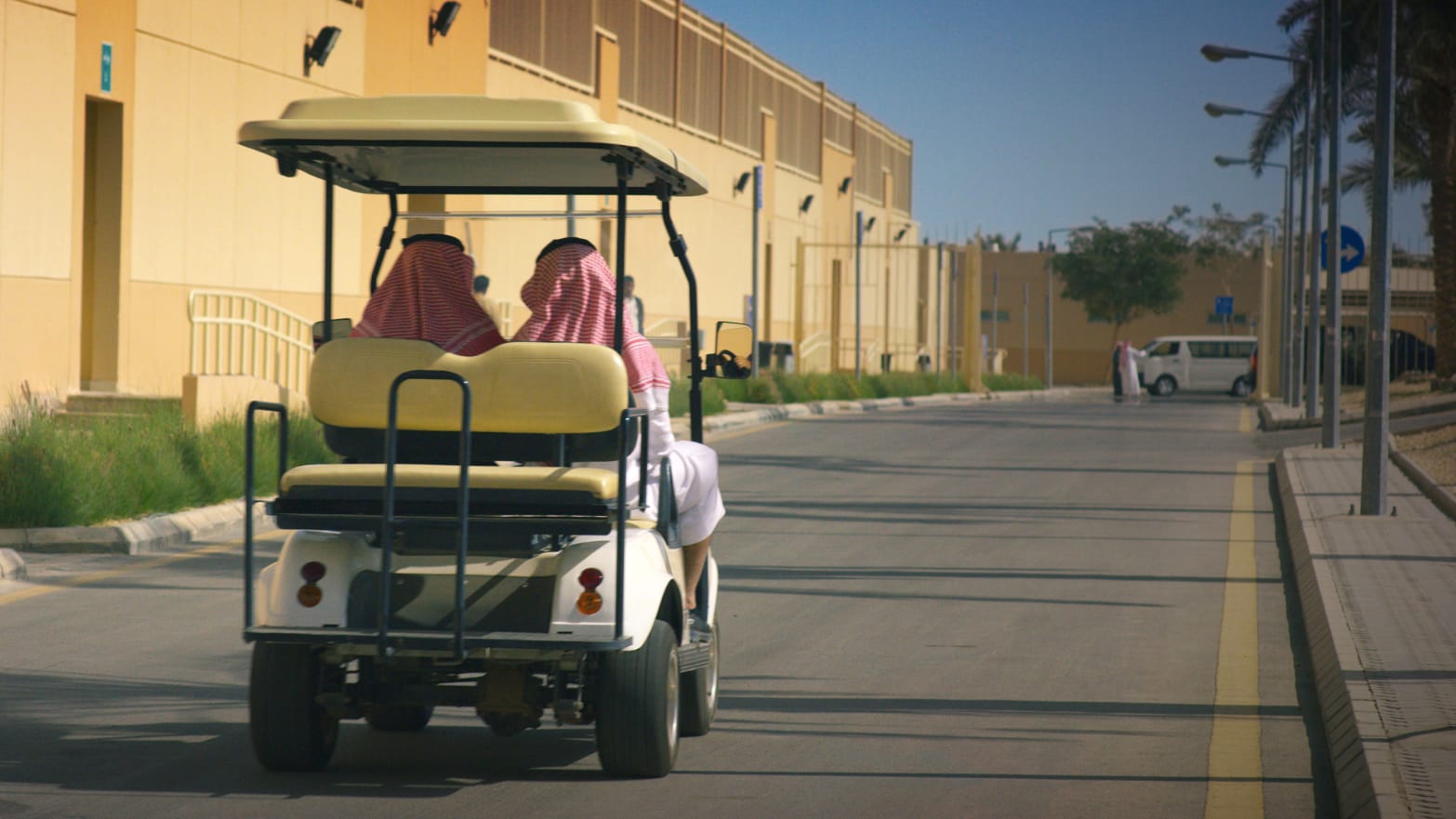JIHAD REHAB
(director/writer: Meg Smaker; cinematographers: Meg Smaker/Jack Schurman; editor: Meg Smaker; Runtime: 108; MPAA Rating: NR; producers; Meg Smaker, Bryan Storke: Sidestilt Films/Foothill Productions; 2022-in English & Arabic, with English subtitles)
“Would have benefited from a more experienced filmmaker asking the prisoners the questions.”
Reviewed by Dennis Schwartz
The firefighter-turned-documentarian Meg Smaker is not an experienced filmmaker and it sometimes shows in her first film, that would have benefited from a more experienced filmmaker asking the prisoners the questions. The film draws on her experiences spent in Afghanistan and a few years in Yemen.
The documentary hopes to seek closure for Americans from 9/11, which it doesn’t accomplish. The setting is in the prison facility called the Mohammed bin Nayef Counseling and Care Center, in the Saudi Arabian capital of Riyadh, where there are Jihad prisoners who never went to trial being held on terrorism charges and some brought here from Guantanamo.
The contrast is stark between the barbaric ways they were treated in the American prison camp and in the more professional way they were treated in this more leisurely and progressive prison.
The gist of the documentary is the interviews Ms. Smaker has with three thirty-something aged Yemeni men, who are incarcerated in the Saudi Arabian redemption program and counseled how to drop their extremist views. So far over 3,000 men have graduated from the program. While these men are humanized, they are still looked upon as terrorists. When asked simple questions such as “Would you commit jihad again?”, we get simple answers that please the questioner but learn little about what these men really believe.
One man claims it was only a job for him to be the bodyguard of Osama Bin Laden. Another claims his high-ranking older brother forced him into the family terrorist business. While the long time arms specialist prisoner Mohammed just shrugs and lives with his memories in the west. The focus is on the cultural and religious re-education program that will replace their terrorist label with a new outlook that reveals a deeper knowledge of Islam.
The film might be too upbeat on how it believes that the men in the more humanistic Saudi prison will fare when back in society. It claims those released from the American prison might even be more radicalized because of their brutal treatment, which is something to keep in mind.
REVIEWED ON 6/7/2022 GRADE: C+
